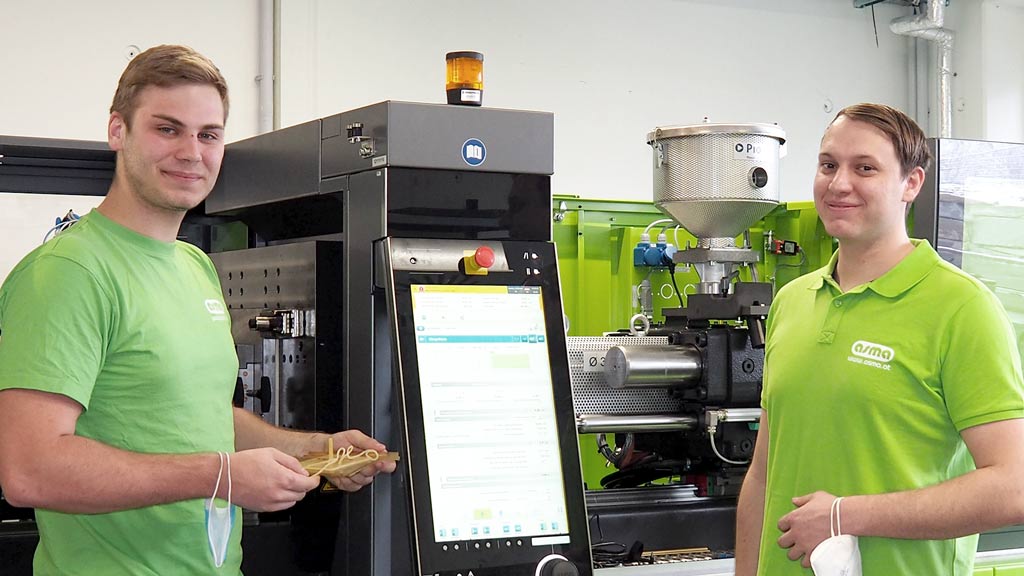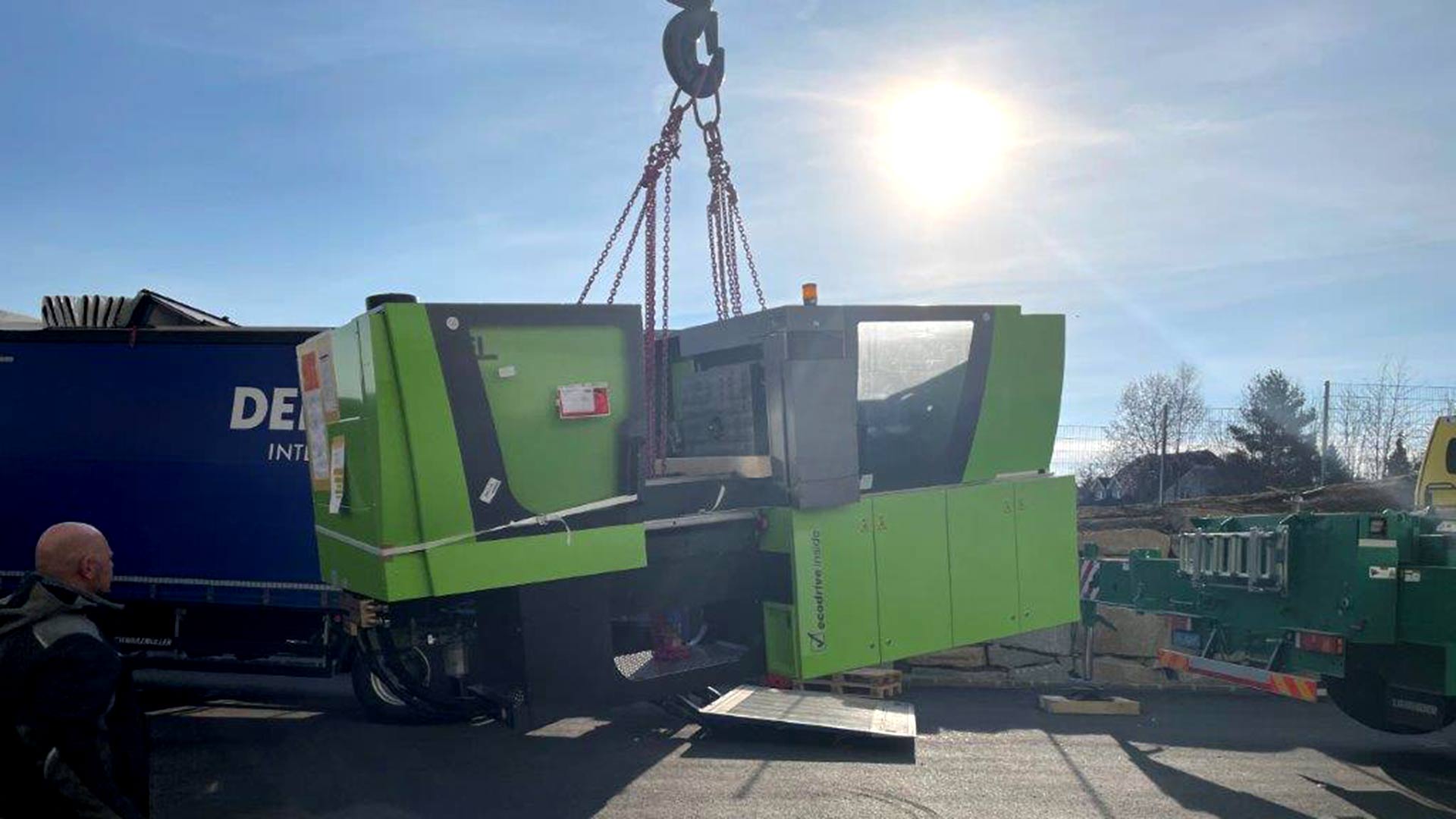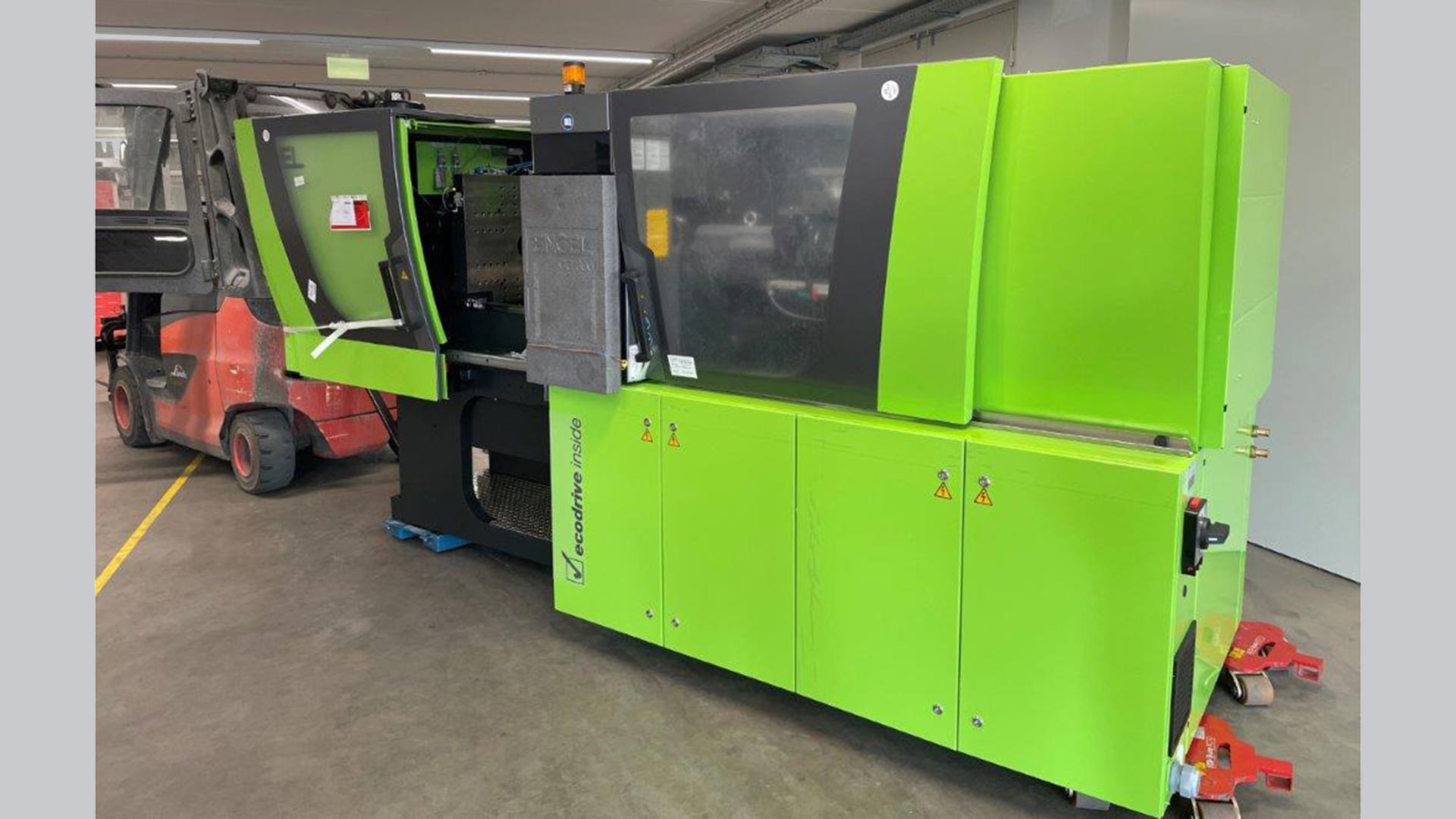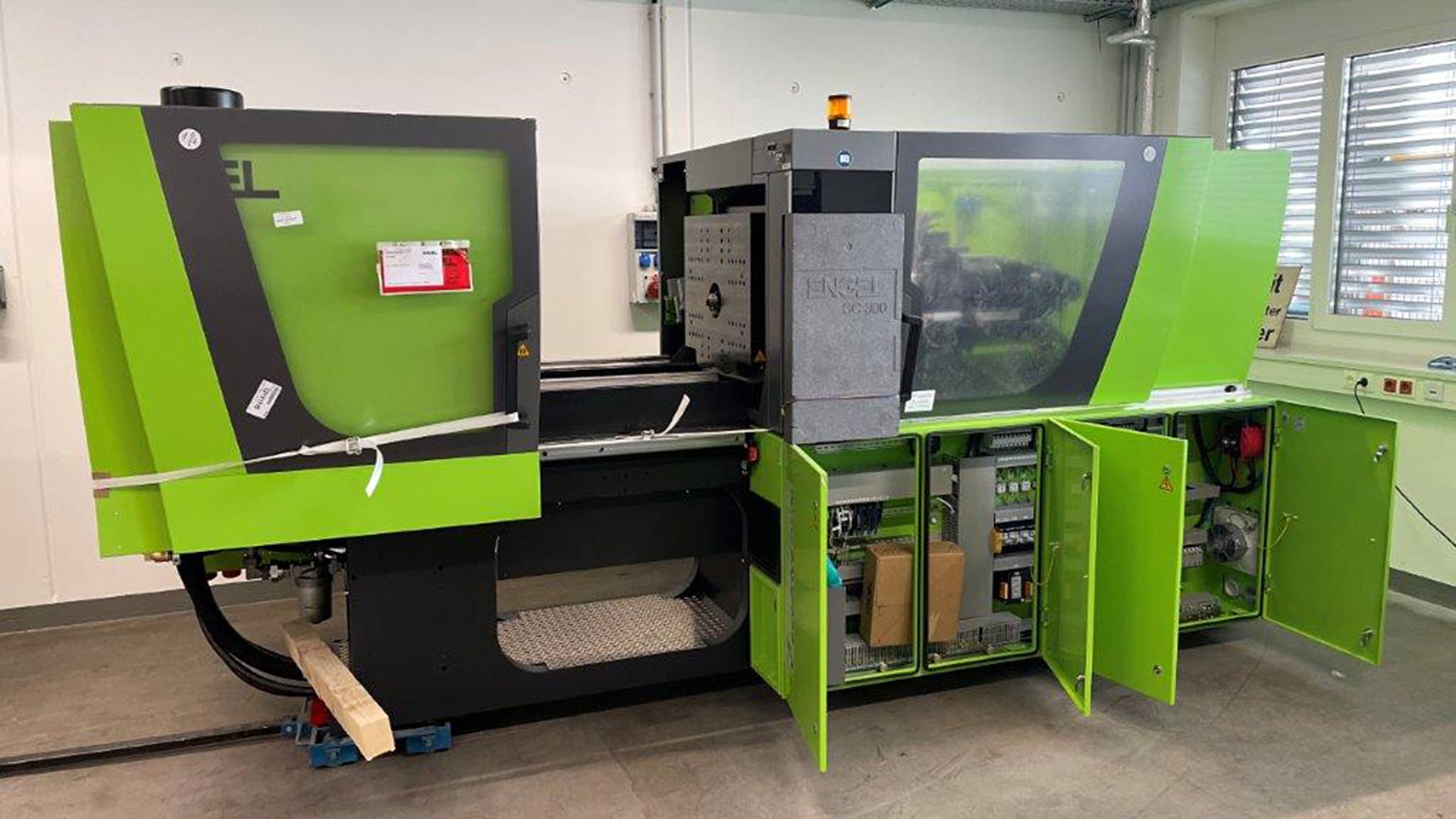Last week we presented in the asma blog the technical center in general and the “Research & Development” team. In this issue, we let two young employees have their say, who will dedicate themselves to injection moulding with a great deal of commitment in the newly established technical center.
Interview with the two plastics technicians Alexander Herzog and Matteo Schneider:
The entire “Research & Development” team is currently working on the first tests. You will probably look after the system in the future. What is your motivation?
Alexander Herzog: “At the moment we still have to gain experience in order to be able to inject perfect parts with the self-made granulate. The “injection moulding” project is very interesting and offers a challenge that makes you grow personally. With the new technology in-house, as well as with the right knowledge, you can achieve a lot. Let’s see what the future brings ”.
Matteo Schneider: „It means a lot to me to be able to be part of this project from the very beginning, as the subject of injection moulding is very diverse and I enjoy being involved in it“.
Asma already dealt intensively with the subject of „injection moulding“ in 2006. What were the reasons for closing the department again?
Alexander Herzog: “Back then, in 2006, an injection moulding system was purchased for a large order from a customer for the production of rollers. Due to the financial crisis in 2008, which led to the global recession and because the customer also favored a different manufacturing process for the product, the “injection moulding” project was not pursued any further for the time being ”.
14 years later, asma is now devoting itself to the topic again. A new system was acquired as part of the expansion of the company. What are the plans for this innovation?
Alexander Herzog: “In mid-2020, the subject of “injection moulding” came back into play. The reason for this is certain that we have been able to observe great development progress in the area of TPU (thermoplastic polyurethane) ”.
Matteo Schneider: “Not only the injection moulding machine and accessories such as dryers, etc., but also the tools are very expensive. Compared to a mould with which we cast, tools cost two to three times as much. This is certainly also due to the fact that all steps in the production are more complicated and time-consuming. There are even tools that cost more than the injection moulding machine they’re attached to. That is why you always need very large batch sizes for these products (from 10,000 pieces to 100,000 pieces per year) ”.
Alexander Herzog: “Fortunately, we have now found a solution in asma mould construction with which we can design the tools ourselves and then have them manufactured. After the basic requirements have been created, I am happy and say: The project can begin!“




